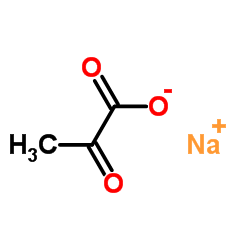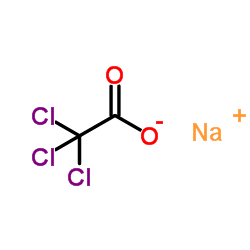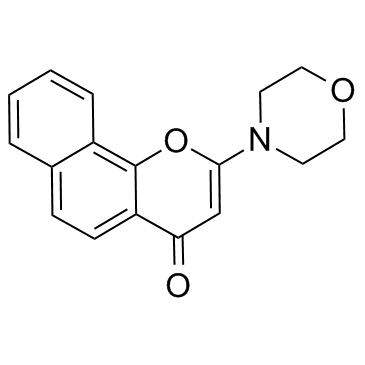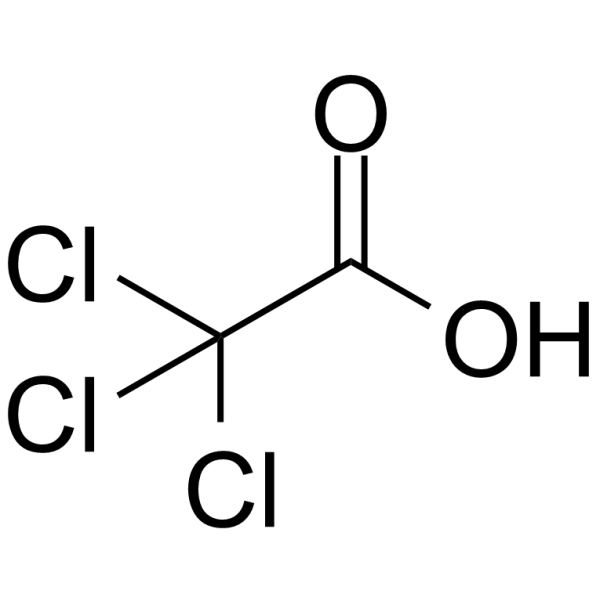| Structure | Name/CAS No. | Articles |
|---|---|---|
 |
Sodium 2-oxopropanoate
CAS:113-24-6 |
|
 |
Sodium TCA
CAS:650-51-1 |
|
 |
NU7026
CAS:154447-35-5 |
|
 |
Trichloroacetic acid
CAS:76-03-9 |